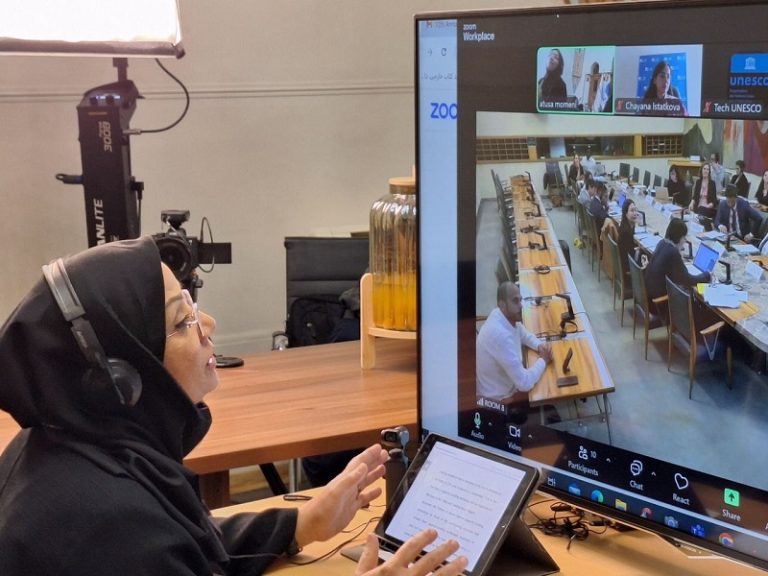
Iran will host the Thirteenth Annual Coordination Meeting of the C2Cs Active in the Field of Intangible Cultural Heritage in 2025
UNESCO convened the Twelfth Annual Coordination Meeting of the C2Cs Active in the Field of ICH on Thursday, 13 June

UNESCO convened the Twelfth Annual Coordination Meeting of the C2Cs Active in the Field of ICH on Thursday, 13 June
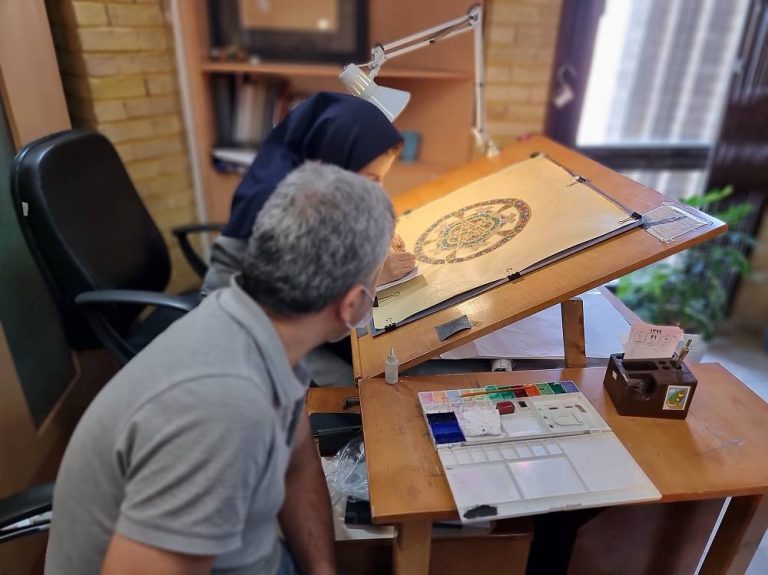
Illumination is a centuries-old decorative art practised on the pages of manuscripts, calligraphic texts and miniatures. The main component is
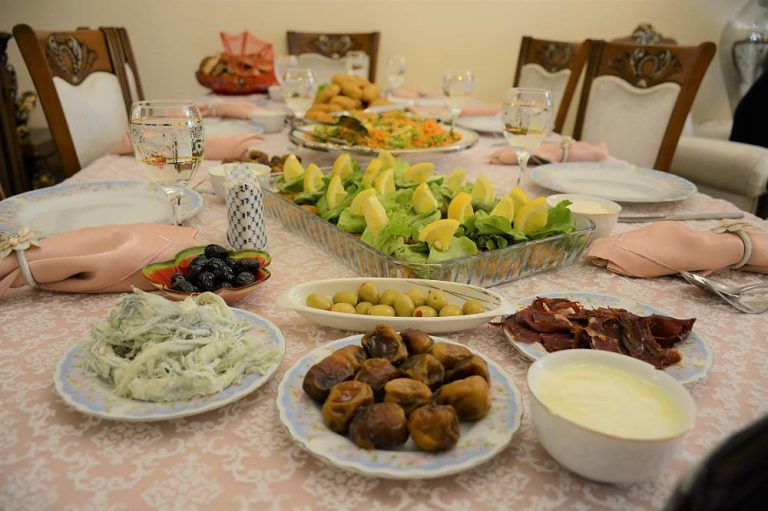
Iftar (also called Eftari, İftar or Iftor in practicing countries) is observed by Muslims at sunset in the month of
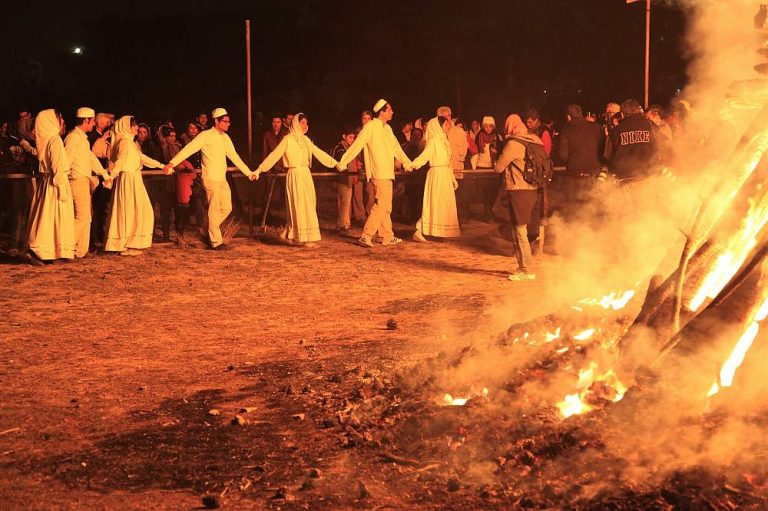
Sadeh, or Sada, is a celebration held annually on 30 January. In the folk calendar, it marks the day when

The annual three-day pilgrimage to St. Thaddeus Apostle Monastery in northwestern Iran is held each July. The pilgrimage venerates two
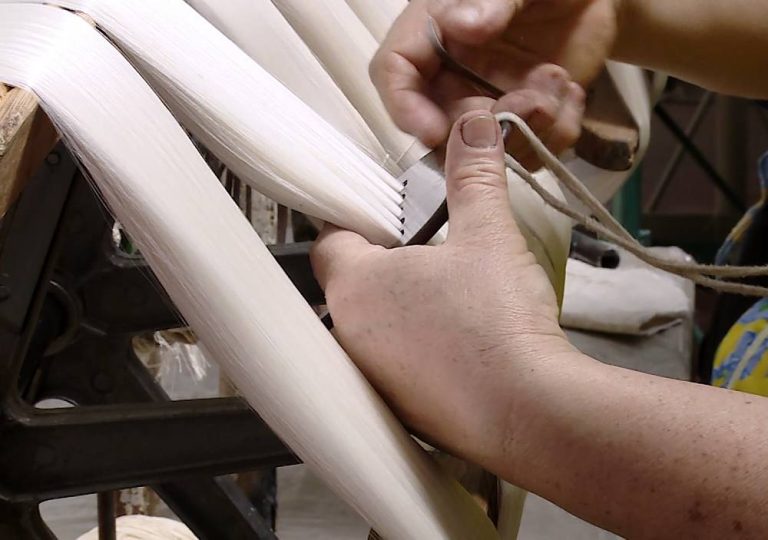
In sericulture and the traditional production of silk for weaving, farmers care for the silkworms through their entire lifecycle, growing
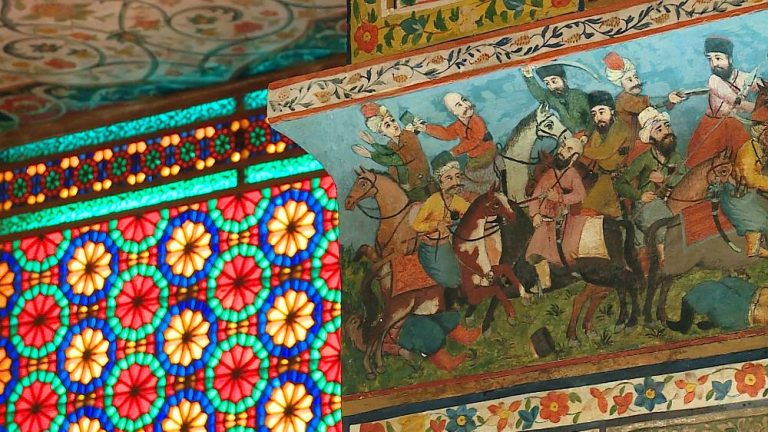
The miniature is a type of two-dimensional artwork that involves the design and creation of small paintings on books, papier-mâché,
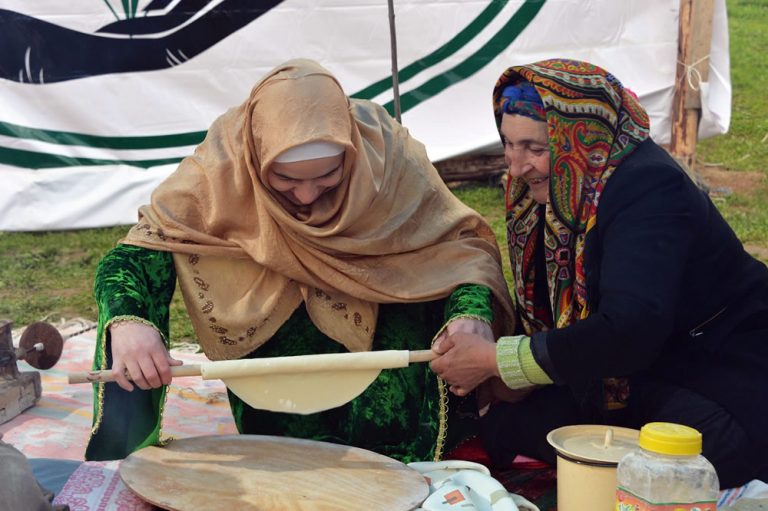
The culture of making and sharing flatbread in communities of Azerbaijan, Iran, Kazakhstan, Kyrgyzstan and Turkey carries social functions that

New Year is often a time when people wish for prosperity and new beginnings. March 21 marks the start of
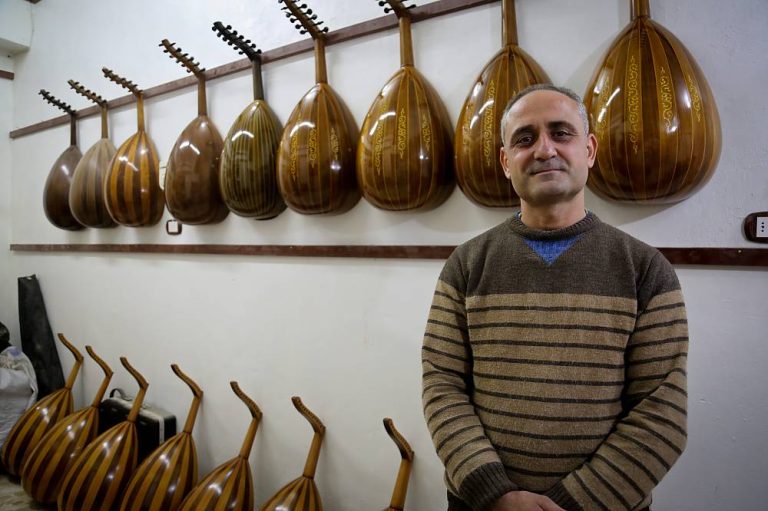
The oud is a traditional, lute-type instrument played in Iran and Syria. The musician places the short-necked instrument on their
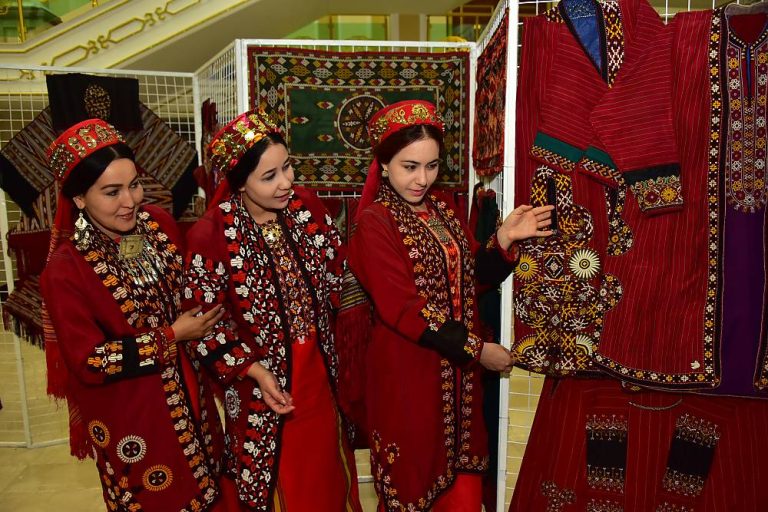
Turkmen-style needlework is a decorative applied art used on the national dress of people of all genders and ages in

Yaldā/Chella refers to a traditional celebration of the sun and the warmth of life. Practiced in Iran and Afghanistan, the